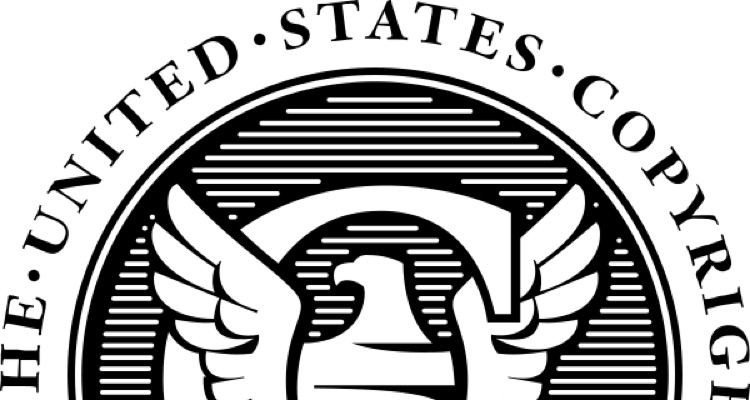Is Section 512 or the DMCA’s safe harbor provisions working as intended?
Jay Rosenthal, partner at Mitchell Silberberg & Knupp LLP who represents music industry content owners participated in both Copyright Office roundtables and has exclusively shared his findings with DMN.
Rosenthal gives us the lowdown on the discussions that took place and any outcomes (if any) of the study that they conducted on section 512 and the DMCA safe harbours.
From the copyright owners’ standpoint, the system is rigged.
It wasn’t a system that was rigged when the DMCA was passed – but over the past 18 years the courts have written out of the law almost all of the protections designed to balance the responsibility to police the Internet between the users and the copyright owners – and the scale of piracy has increased to levels never contemplated when the law was passed. Now the law is nothing more than a notice and takedown system. All of the responsibility to police the Internet is with the copyright owners.
Section 512 is outdated and no longer working effectively.
When the DMCA was passed, YouTube was not even invented. The scale of piracy since passage of the DMCA has placed an incredible burden on copyright owners with resources, and has devalued copyright (i.e., the value grab) to a large degree. For copyright owners with limited resources, the law is a disaster. The whack-a-mole problem forces copyright owners to notify OSPs about every single infringement. Because of the amount of piracy in today’s world, the DMCA has become almost unusable for copyright owners with limited resources – and many have stopped using the takedown system altogether.
The system requires proactive policing of the Internet from the likes of Google.
This is the message that was delivered to the Copyright Office during the roundtables. The Copyright Owners proposed a Notice and Staydown approach as the solution. This could be done by reforming the law, reversing bad judicial decisions and/or adopting voluntary measures. But for whichever avenue is adopted, the system must require more pro-active obligations on behalf of the copyright users like Google to police the Internet.
No responsibility is taken.
The OSPs like Google, YouTube, Microsoft, Verizon, etc., delivered a message to the Copyright Office that the DMCA is working perfectly well. In fact, Google believes that the incredibly large number of takedown notices (perhaps one billion a year for Google alone), is testament that the law is working, not that it is broken. They totally reject the idea that the OSPs should monitor or filter for infringement – or that red flag knowledge, representative lists, repeat offender policies, or willful blindness should be changed to add any additional responsibility on the OSPs.
I believe the Copyright Office heard the complaints of the copyright owners, and will try to fashion some modest recommendations that will try to balance the responsibility. But the OSPs will fight hard against any recommendation to change the law. They will try to rely on negotiation and voluntary measures. I do not believe that will be enough. Without some serious changes to the DMCA, more and more copyright owners will cease using the DMCA altogether and that will be a tragedy. Copyright Owners will start believing that when they release a product, they may have a right but no real remedy. In fact, many already believe that.
Abuse of DMCA.
The services were discussed at length. Their indifference to the whack-a-mole problem is by far their biggest contribution to copyright abuse – but their use of the DMCA to enter into below market rates with copyright owners (“the value grab”) was also cited as a major abuse of the system.
The Copyright Owners’ biggest frustration is with the whack-a-mole problem.
They blame the law and the courts for forcing them to notify services of each separate infringement – as opposed to providing the OSPs with information that would allow the services to monitor their systems for infringement. In other words, they want the focus to be on identification of infringed works – not each infringement. One positive measure would be to expand the use of representative lists – thus allowing for a copyright owner to provide the OSPs with information about their works, without the requirement that they must inform them of each infringement.
What’s the resolution?
Notice and Staydown is the answer – yet the services and their allies condemn Notice and Staydown as a system that would destroy the Internet. They will press their position with the Copyright Office, Congress, and with the public.
The post Exclusive: Copyright Office Discusses DMCA’s Safe Harbor Provisions appeared first on Digital Music News.
